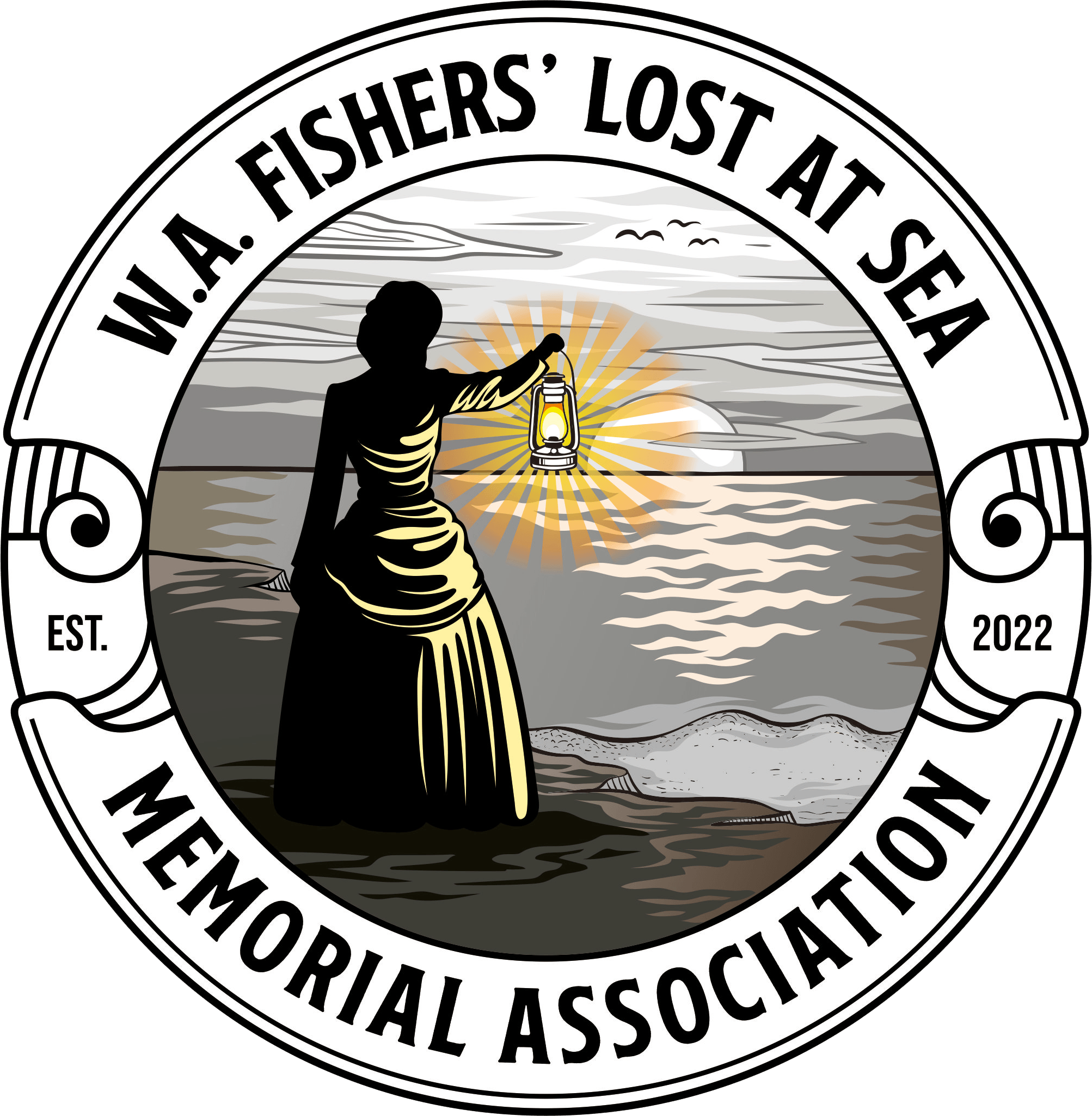Surprise
Vessel Name: Surprise
Thomas (Hakawila) Kanaka "Kakanita"
Lost at Sea; Body never recovered
29 July 1905

Thomas Kanaka Probate
The Surprise left for Irwin Reef on Friday 28July with a lone fisherman, Thomas “Tommy” (the) Kanaka onboard. Kanaka was also known as “Kakanita.”
The Geraldton Advertiser reported that his real name was “Hakawila”, of around 40 years of age, and that he was a native of Hawaii. He had worked for five or six years at Barnong and Gabyon stations on the Murchison, before returning to the sea only a few months prior to the tragedy. He was also described as a “sober and thrifty islander” and a magnificent swimmer, who had left a large quantity of portable property behind. He was well-known at Geraldton and bore the reputation of a “steady, hard-working man”.
He had been a sailor, and discharges from two or three merchant vessels were found among his personal effects.
The Surprise was found upturned in the surf off Dongara on the 31 July, and with the aid of a horse was towed ashore and examined by Police Constable William John Adams the following day. He also found a grey hat and a dark coat, which was believed to have belonged to Kanaka.
He patrolled for fifteen miles north and south, but found no trace of Kanaka. Adams considered that the boat must have been in full sail when she capsized.
Kanaka did not leave any next of kin in Western Australia. The Curator for Interstate Estates, Gervase Clifton, made application to the Supreme Court of Western Australia in November 1905. He submitted two Affidavits from John Herbert and Constable Adams.
Herbert was the last to see him alive on 28 July, and he was meant to accompany him on the fishing trip, but had work to do on land. Kanaka left behind goods to the value of £20:6:4. He owed £8 to John Stephens for the boat, and after all liabilities were settled £7:19:6 remained.
The name “Kanaka” has some interesting connotations. “Kanaka” was a word the Hawaiians working on Whaling ships used to describe themselves, and meant “human being.” The term “Kanaka,” was also used to describe various Pacific Islanders employed in British colonies. These days the term is considered offensive for Pacific Islander people. Most of the original labourers were recruited or “blackbirded.”
